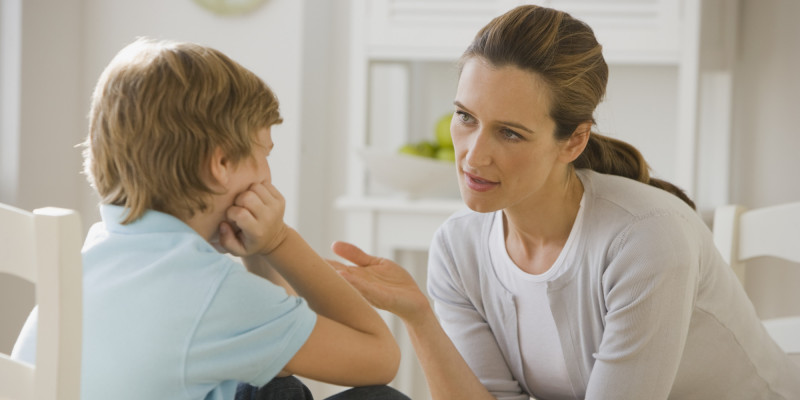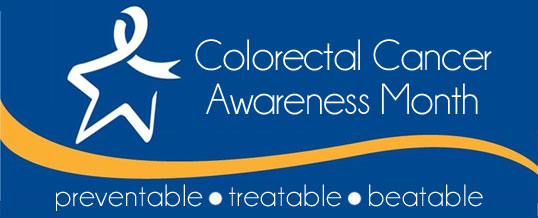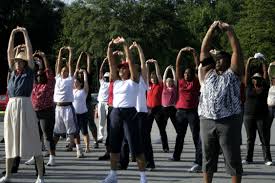Most people struggle about talking to kids about cancer. Many decide to avoid the topic altogether!
Most recently when my grandmother passed away, I was very open with my children. They understood when their great-grandmother’s health turned for the worse, and I continued to bring them to see her when she was no longer speaking but could nod and hold their hands. When she passed, we spoke at length about how this was natural and inevitable, not something to be scared of.
I assured them that while her physical body was now gone, her spirit was still with us. In fact, we could help keep her spirit alive by talking about her, sharing stories and looking at pictures. They seemed to have adjusted well since.
Yet what happens when a younger member of the family becomes chronically ill with cancer? Unfortunately, we came to face this situation recently, when not one, not two, but three dear family members were diagnosed with cancer and began treatment. My first instinct was to protect my kids from the anxiety the rest of our family was facing, so I just said that their loved ones were sick.
But then my kids asked why their uncle looked so skinny and was his losing hair. They wondered why we weren’t having our family gatherings as often as we were used to. They wondered why their aunt was missing at thanksgiving.
Without giving it too much thought I kept repeating “Oh he wasn’t feeling well, needed to rest, …” fill in any other euphemism you can think of. But a recent conversation with a friend had me thinking, is this really best?
I was so open with them about their great grandmother’s failing health and eventual death, why did I feel the need to hide facts about living with illness from them?
To protect them, I suppose. Yet consider that this actually doesn’t protect them.
If you say someone is sick, it’s like they have a cold – a few day of rest and they should be better. Usually if we hear someone’s sick it means they’re contagious so we have to stay away. In this light, it seems misleading to say a person battling cancer is “sick.”
Maybe kids should hear the word cancer because they will eventually, whether we like it or not. Maybe they should know it isn’t as simple as “being sick” and it may entail some serious medicine and a long time to get better. Maybe they need to learn early on that “sick” isn’t black or white – you can live with cancer for a long time.
Being more honest about this tough topic may mean there will be less need for hushed tones around the kids, or half-truths about a family member’s appearance or absence! Thinking about it, the scariest times for me as a kid were those adult whispers and glances that told me I wasn’t privy to whatever was being said.
With almost everything, the more we talk about it, the less scary it is. We also know kids have a resiliency that surprises us most times. Being told someone has cancer most likely won’t throw the average child into a deep depression or state of anxiety. One could argue that withholding this information or using euphemisms could.
With this in mind, I’m changing my approach to talking to my kids about chronic illness like cancer. I want to be as open and honest as possible with them, having a dialogue that is of course appropriate for their age!
You know your children – what do you think?
I would love to hear from readers out there about how you feel, how you’ve approached this with your own children and grandchildren.
 English
English French
French German
German






